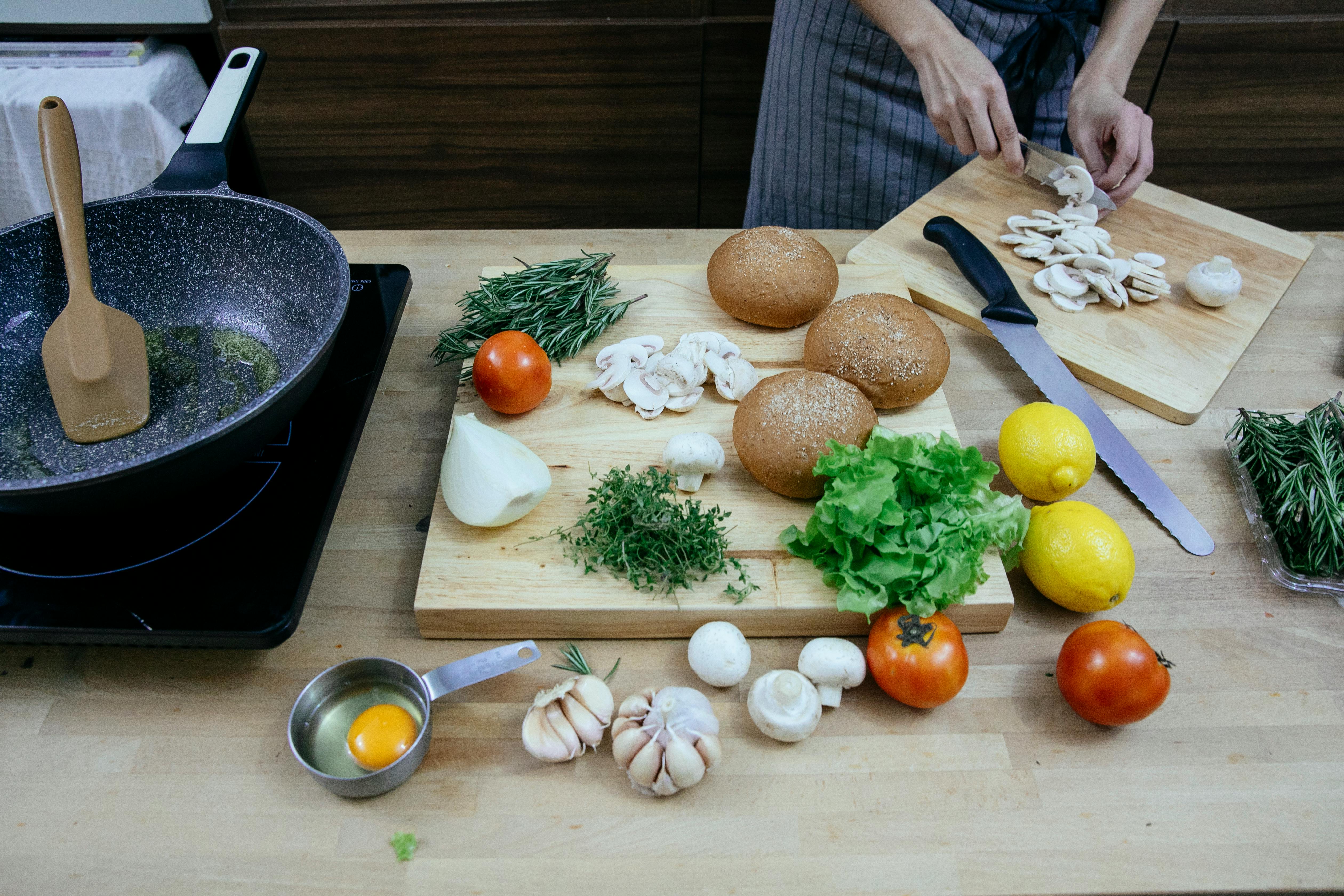One of the main questions breastfeeding mothers have is about breastfeeding and caffeine. While caffeine seems to have little effect on most babies, it can be a problem in premature babies and babies younger than six months. There has been no research to confirm the myth that it will kill the milk supply, and very little of it gets into breast milk. However, if your baby is sensitive, it can make him a little more lively or fussy. You don’t have to completely eliminate it from your diet, but it’s a good rule of thumb to keep it below 800 mg / day.
And now you’re thinking “ummm, how do I find out how much caffeine is in what I’m eating or drinking?” Unfortunately, caffeine is not one of the items listed in the nutrition information on the back of everything. I think it should be, but that’s the way I am. Either way, if caffeine is one of the first five ingredients in what you eat or drink, it’s safe to say that the caffeine content is quite high. Limit those things. But I also have a handy little diagram for you. Just know that the things in it are going to change slightly according to brands, but here is the basics.
Coffee – There is generally between 120 and 200 mg in an 8 oz cup
Chocolate: you will find 10 mg in 2 oz (that’s about 3/8 mm cup)
Soda – Cola is approximately 35-50 mg / 12 oz can; Mt Dew is approximately 55 mg (Click here for a great list)
Tea: about 40-120 (depending on brand) caffeine per 8 oz cup
And here’s a surprise: decaf coffee has 5mg of caffeine per 8oz cup! I guess they can’t get it all out!
So if you are a coffee drinker, keep it below 5 cups (or switch to decaf). If you are addicted to chocolate, try not to eat all that Easter bunny in one sitting. And for those of us who are addicted to Mt. Dew, try cutting it down to 5-6 cans per day.
Look, when you put it that way, it doesn’t seem so bad.
